Home security cameras are a great way to deter criminals and keep your home safe. But with so many different types and styles of security cameras on the market, it can be hard to know which one is right for your home. You need to consider a few things on How to Select Security Cameras For Your Home.
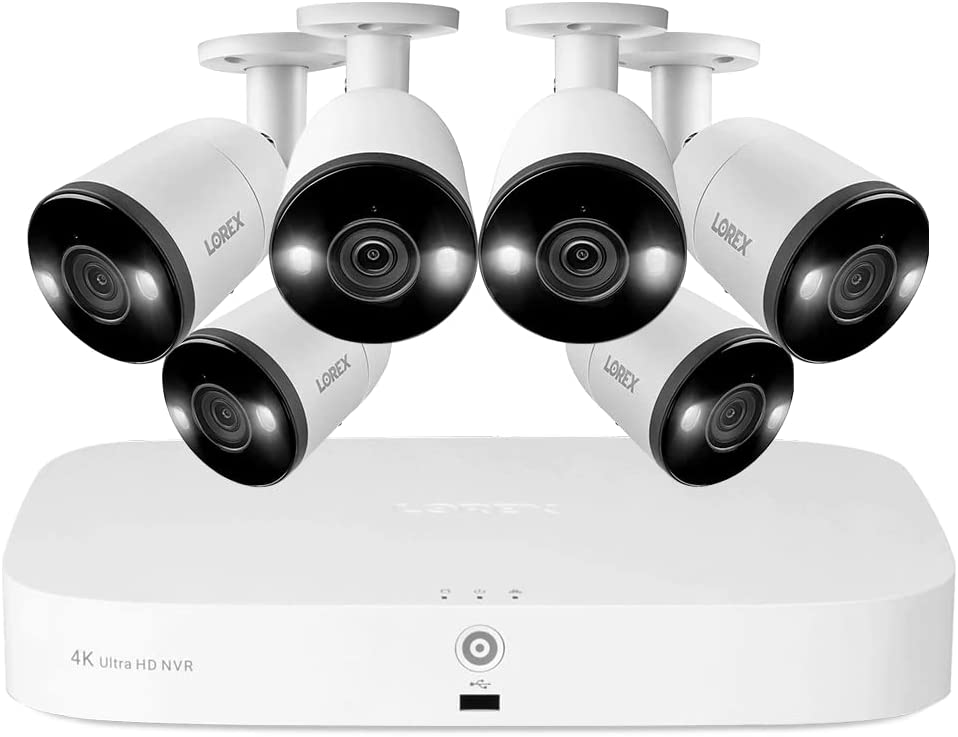
How do you select the right security cameras for your home?
Thinking about how to select the right security cameras for home with all of the options on the market? Start searching in the right direction by asking yourself by a few basic questions:
By Purpose
What do you need the camera for? Do you need to focus on a specific area? or are you looking for a general overview of your property?
When choosing security cameras, consider what area you want to monitor. A small room or an area right by your door is a good choice, but you can also select a more expansive camera to monitor your entire driveway. For example, if you live in a neighborhood that has a lot of criminal activity, you may want to install a camera that will capture the face of whoever is on the other side of the road.
When determining where to place your cameras, you should first sketch a map of your property. Next, sketch out the areas where you would like to place each camera. Make sure to note entry points and any special concerns you have. Once you’ve sketched out your map, you’ll be able to play with camera placement and design an area with balanced coverage. If you’re unsure of the best camera placement, consult a professional security company for help.
By Location
Where will you be placing the camera? If you need to keep an eye on the front door, you’ll want a camera with a wide field of view. But if you’re looking to monitor activity in the backyard, a narrow field of view might be just fine. Once you’ve decided where to install your cameras, consider where you want them to capture the most activity. High-traffic areas and entryways are ideal locations. When you select security cameras for home, you should also consider where the cameras will be hidden to minimize the risk of someone tampering with them. Moreover, you can place more valuable cameras hidden away.
Guide to the different types of cameras based on location:
Indoor Cameras: Indoors security cameras that can be used inside the home. The most common type of camera is the dome camera. This type of camera is typically used in retail stores and can be found in many homes. Dome cameras are typically small and can be placed in many different locations. If you want to install a camera in your home, make sure it has motion detection and smartphone alerts.
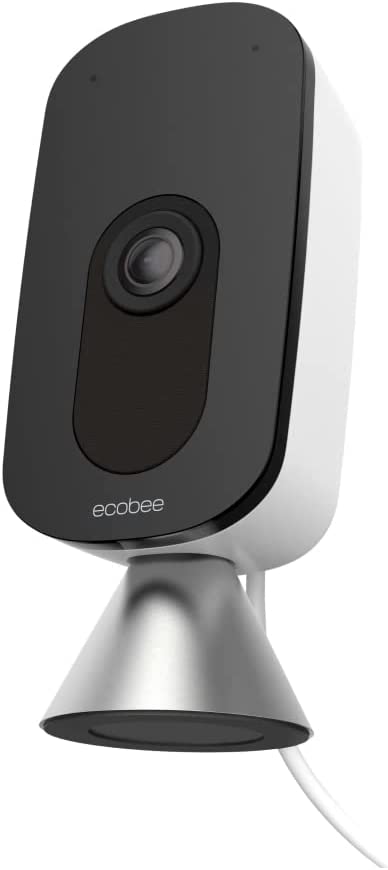
Outdoor Cameras: There are also many different types of home security cameras that can be used outside the home. The most common type of camera used outside the home is the wireless camera. Wireless cameras are typically small and can be placed in many different locations. Some cameras can transmit video to a remote location and record in high resolution. Some cameras can also be wire-free, which will eliminate the need for a cable. However, wire-free cameras can be more expensive. If you’re worried about the installation process, wire-free cameras might be the better option. But you should remember that hard-wired cameras are not always wireless and require you to change batteries intermittently.
.
Doorbell Cameras: Doorbell cameras are a type of home security camera that is typically used in combination with other types of cameras. These category’s cameras are typically small and can be placed in many different locations. Doorbell cameras are often used in combination with other types of cameras, such as wireless cameras.
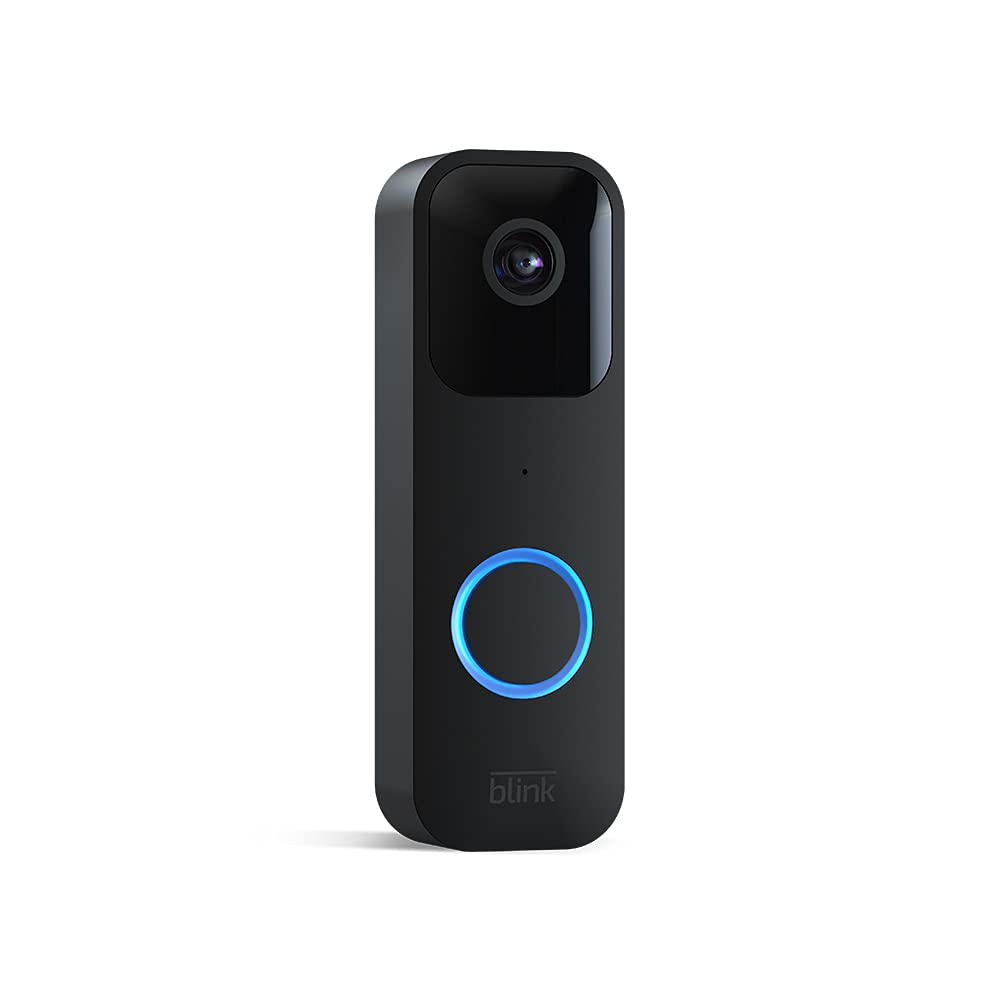
Power source
Not all home security cameras are created equal. One of the main ways they differ is in their power source. Each type of camera has its own advantages and disadvantages, so it’s important to choose the one that’s right for your needs. Consider your needs and choose accordingly.
Hardwired home security cameras: These cameras get their power from an electrical outlet and are usually the most reliable type of camera. However, they can be more difficult to install. One of the main advantages of hardwired cameras is that they don’t require battery changes. Once they’re installed, you can forget about them until it’s time to move them.
Another advantage is that hardwired cameras are generally more reliable than battery-powered cameras. Since they’re directly connected to your home’s electrical system, they won’t be affected by power outages or other issues.
The main downside of hardwired cameras is that they’re more difficult to install. You’ll need to hire an electrician to run wires through your home, which can be costly
Battery-Powered Cameras: Battery-powered cameras are one of the most popular types of home security cameras. They’re easy to install and can be placed almost anywhere in your home. One of the main advantages of hardwired cameras is that they don’t require battery changes. One of the main advantages of battery-powered cameras is that they’re completely wireless. This means there’s no need to run wires through your home, making installation a breeze.
Battery-powered cameras are much easier to move than their wired counterparts. If you need to relocate your camera, simply pick it up and move it to its new location.
The main downside of battery-powered cameras is that they require frequent battery changes. Depending on the camera, you may need to change the batteries every few months or so.
Solar-powered home security cameras: These cameras get their power from the sun, so they’re environmentally friendly. However, they may not work as well in low-light conditions.
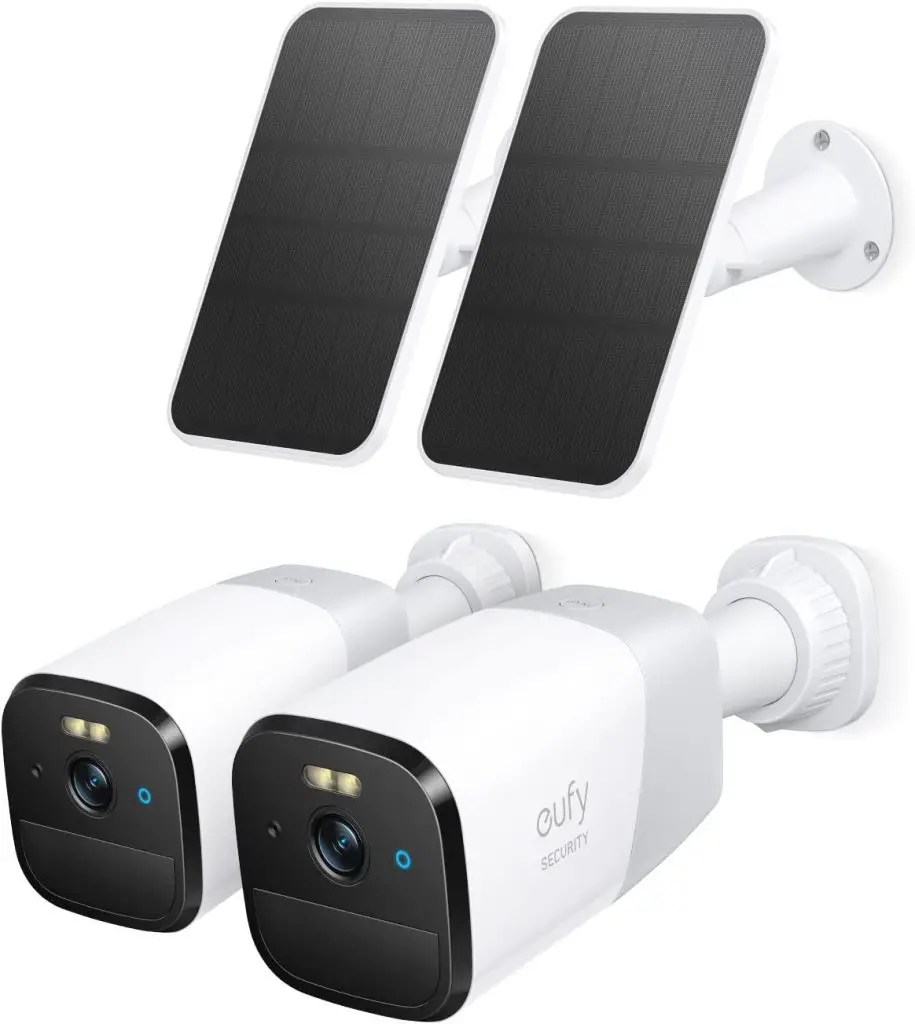
Wireless or wired
Wireless security cameras are easier to install, but wired cameras may offer better quality video. Wired security cameras are typically more reliable than wireless cameras. They don’t rely on WiFi or Bluetooth, so there’s no chance of a signal dropout. That said, wired cameras can be a bit of a hassle to install. You’ll need to drill holes and run wires through your walls, which some people may not be comfortable doing.
Wireless security cameras are much easier to install, as they don’t require any drilling or wiring. However, they are more prone to signal dropouts, as they rely on WiFi or Bluetooth. If you live in an area with a strong signal, this shouldn’t be an issue, but it’s something to keep in mind.
When it comes to price, wired and wireless security cameras are both fairly affordable. You can find good quality cameras for around $100. It’s important to remember that you’ll also need to factor in the cost of installation when choosing a wired camera.
By Features
Some security cameras come with extra features like night vision and two-way audio. Decide which features are important to you and look for cameras that offer them.
With so many security cameras to choose from, it’s important to take the time to find the one that’s right for your needs. Keep the above factors in mind, and you’re sure to find the perfect camera for your home.
The most important factor is the type of camera you need. There are four main types of security cameras: Bullet, Dome, C-Mount, and PTZ.
The next thing you need to consider is the features you need. The most popular features include night vision, pan/tilt/zoom (PTZ), wireless, and motion detection.
Finally, you need to decide on your budget to select cameras for home security. Security cameras can range in price from a few dollars to a few thousand dollars.
How Do I Select Security Cameras? A Complete Guide For All
What to Look for in a Home Security Camera
When choosing home security cameras, there are 10 factors to select a home security camera.
1. Camera Type: The type of camera you choose will largely depend on where you want to place it. Indoor cameras can be either wired or wireless, while outdoor cameras must be wired.
2. Field of View: The field of view is the amount of space the camera can see. This is important to consider when choosing where to place the camera.
3. Night Vision: If you want to be able to see footage from the camera at night, then you’ll need to choose a camera with night vision.
4. Two-Way Audio: Some cameras come with two-way audio, which allows you to listen and talk through the camera. This can be useful if you want to be able to communicate with someone who is at your home.
5. Storage: Home security cameras typically come with either local storage or cloud storage. Local storage means the footage is stored on a memory card or a hard drive, while cloud storage means the footage is stored remotely.
6. Resolution: The resolution of a home security camera is important to consider. The higher the resolution, the better the quality of the image. However, keep in mind that higher resolutions will use more bandwidth and may require a higher-end wireless router.
7. Ease of Use: You’ll want to choose a camera that is easy to use, so you can quickly view footage and access features.
8. Installation: Some cameras are easier to install than others. If you’re not comfortable installing the camera yourself, then you may want to choose a model that comes with professional installation.
9. Price: Home security cameras can range in price from around $50 to $500. The price will depend on the features and quality of the camera.
10. Warranty: Many home security cameras come with a warranty, so you can have the camera repaired or replaced if there are any issues.
FAQs About Home Security Camera
How much do home security cameras cost?
Home security cameras can vary in price depending on the features and quality of the camera. Generally, home security cameras cost between $100 and $200.
Can home security cameras be hacked?
It is possible for home security cameras to be hacked, but it is not very likely. To reduce the risk of your camera being hacked, be sure to buy from a reputable brand and store your footage securely.
What is the best DIY home security camera?
The best DIY home security camera for you will depend on your specific needs and preferences. However, some of the best DIY home security cameras on the market include the Arlo Pro 2, the Nest Cam IQ, and the Ring Stick Up Cam.

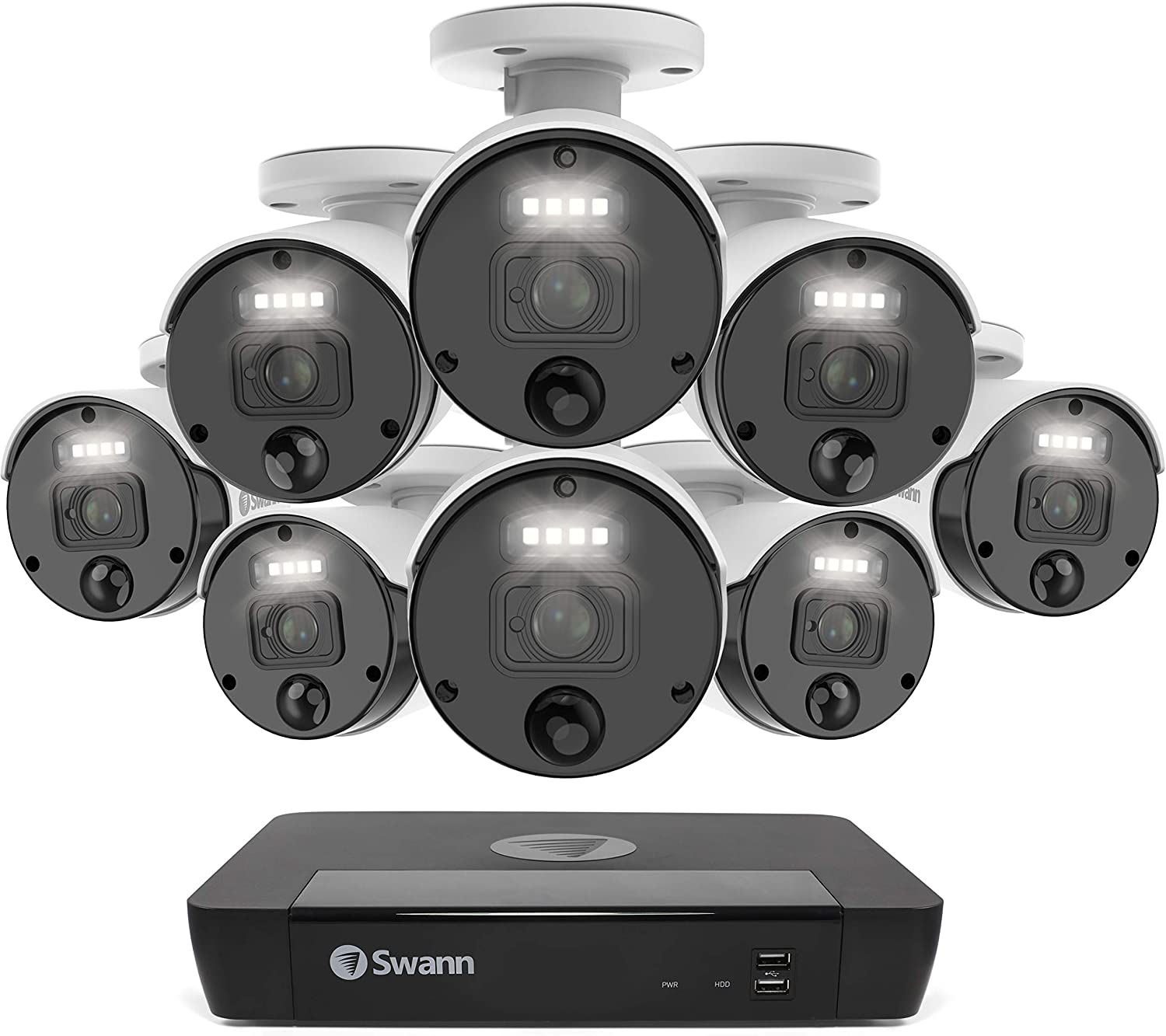
1 thought on “The Ultimate Guide to Select Security Cameras For Your Home”
Comments are closed.